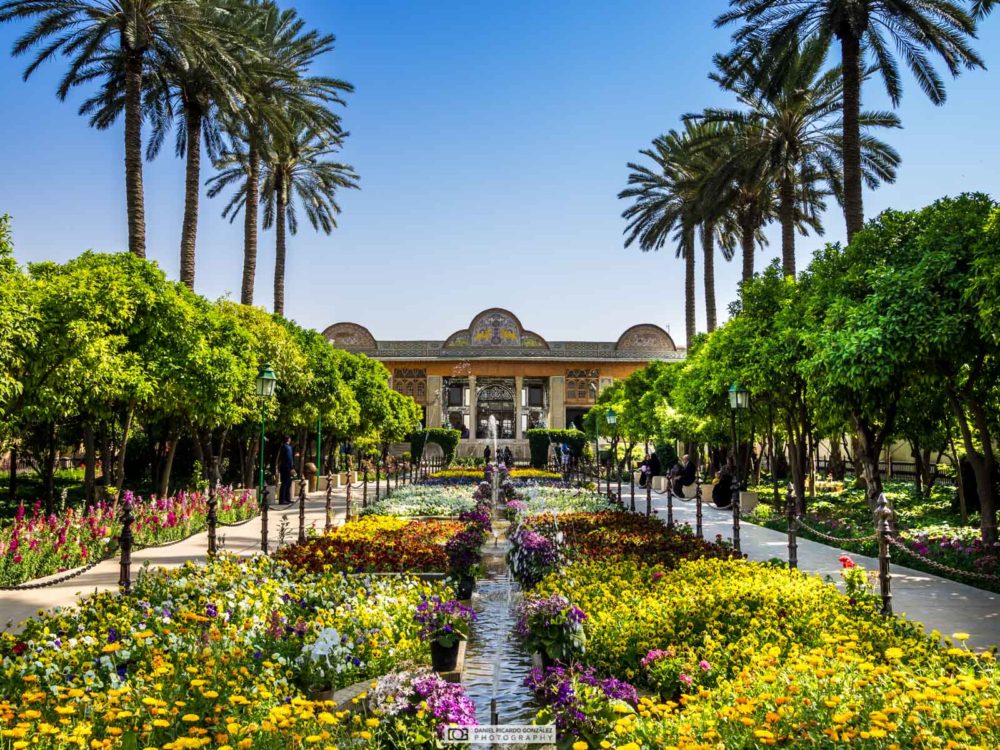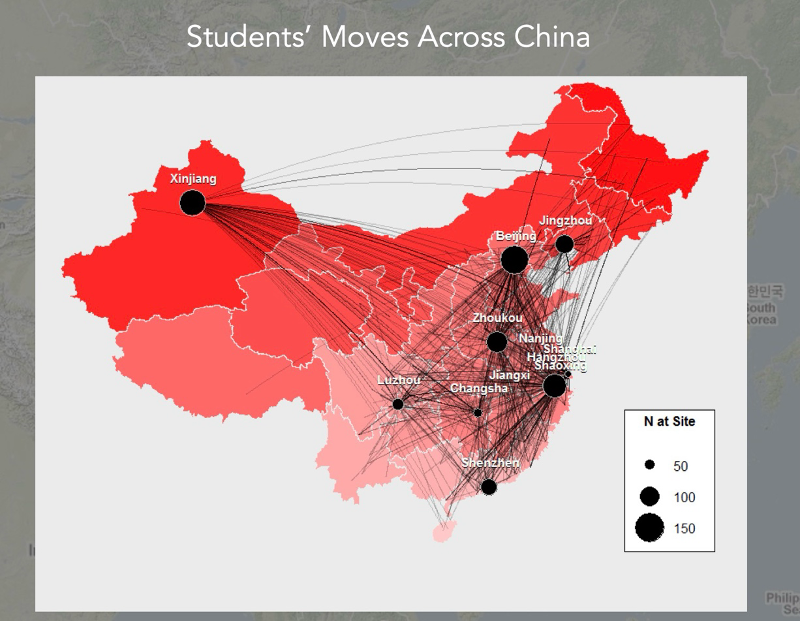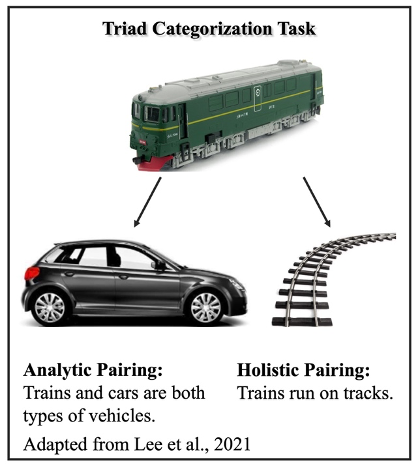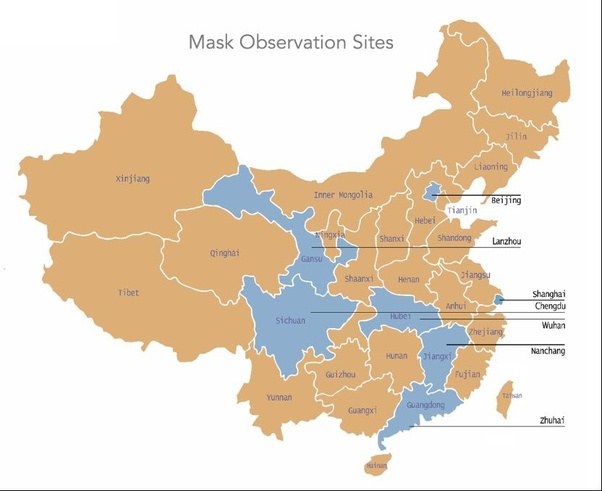New paper in @PsychScience! 🚨 Here's the one-minute version. ⏱️ There are two cities in Iran. One has water, so it has gardens, grapes, and the famous Shiraz wine. 

Yazd has a reputation for restraint, thrift, hard work, and strict religion. Shiraz is known for poetry, art, enjoying life, and wine. 🍷 

My co-author Hamid wondered, is that a coincidence, or is there a climate connection here? Water scarcity encourages long-term thinking? So we tested college students in Yazd and Shiraz with surveys on indulgence and long-term orientation. 

But are these just things people say, or is this really in people's behavior? We posted an ad for a long-term stable job and ad for a fun, flexible startup on Divar (Iran's version of Craigslist). 

Then we waited for resumes to come in. Shirazis were attracted to the startup job, and Yazdis were attracted to the safe, stable job (despite similar levels of wealth in the two cities). So it seems real! 

But is this just an Iran story? Iran's a dry place. Maybe water is more important for people's psychology there? To the World Values Survey! 🦸♂️ 

But what about confounds? Water scarcity predicts long-term orientation even after taking into account lots of potential confounds, like wealth, education, and religion. 

So cultures' history of water scarcity shapes their psychologies, but that got us to thinking about climate change. Water is changing drastically right NOW. 

So we tested it! We brought students to the lab and showed them articles about climate change. One predicted more dire water scarcity. The other predicted more plentiful water. 

After reading about water scarcity, people rated long-term thinking MORE important and indulgence LESS important. The opposite happened after reading about plentiful water. 

Maybe this is a shred of hope for humanity in the face of climate change? Our brains seem to respond instinctively to water scarcity with exactly the sort of mindset we'll need to fight climate change. 

These results are another piece of evidence on how cultures seem to be adapted to our long-term historical environments. 

I hope we'll be increasingly using that adaptive mindset to respond to the changes in our environment now. 

The paper is now out in Psychological Science. Much credit to Hamidreza Harati. It's great to see psychological theory starting based on experiences outside the US! journals.sagepub.com/doi/full/10.11…


• • •
Missing some Tweet in this thread? You can try to
force a refresh






















